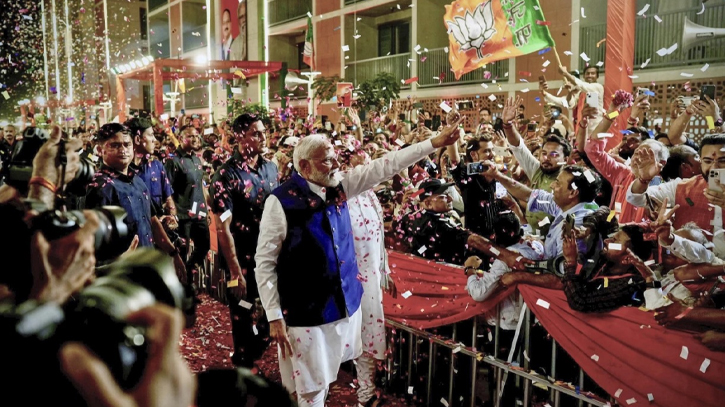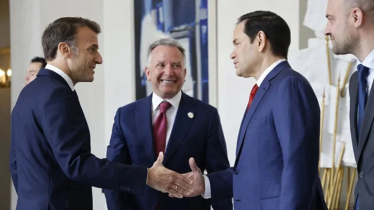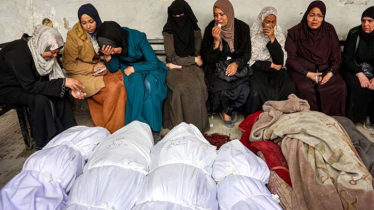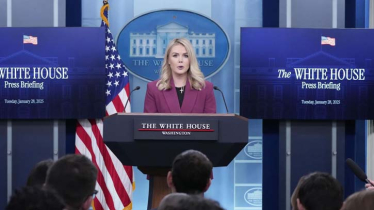
Photo: Collected
Prime Minister Narendra Modi declared victory for his alliance in India’s general election, claiming a mandate to move forward with his agenda, even though his party lost seats to a stronger than expected opposition, which pushed back against his mixed economic record and polarizing politics.
“Today’s victory is the victory of the world’s largest democracy,” Modi told the crowd at his party’s headquarters Tuesday, saying Indian voters had “shown immense faith” both in his party and his National Democratic Alliance coalition.
For the first time since his Hindu nationalist Bharatiya Janata Party swept to power in 2014, it did not secure a majority on its own, winning 240 seats — far fewer than the record 303 it won in the 2019 election.
That means Modi will need the support of other parties in his coalition — a stunning blow for the 73-year-old, who had hoped for a landslide victory. During campaigning, Modi said his party would likely win 370 seats and his allies another 30 seats.
The Congress party won 99 seats, improving its tally from 52 in the 2019 elections. Among its key allies, Samajwadi Party won 37 seats in northern Uttar Pradesh state in a major upset for the BJP; All India Trinamool Congress bagged 29 seats in West Bengal state; and the Dravida Munnetra Kazhagam 22 seats in southern Tamil Nadu state. The opposition INDIA coalition won a total of 232 seats.
More than 640 million votes were cast in the marathon election held over a span of six weeks in the world’s largest democratic exercise.
In the face of the surprising drop in the BJP’s support, challengers claimed they had also won a victory of sorts, with the main opposition Congress party saying the election had been a “moral and political loss” for Modi.
Modi’s win was only the second time an Indian leader has retained power for a third term after Jawaharlal Nehru, the country’s first prime minister. Before Modi came to power, India had coalition governments for 30 years.
In his 10 years in power, Modi has transformed India’s political landscape, bringing Hindu nationalism, once a fringe ideology in India, into the mainstream while leaving the country deeply divided.
His supporters see him as a self-made, strong leader who has improved India’s standing in the world. His critics and opponents say his Hindu-first politics have bred intolerance while the economy, one of the world’s fastest-growing, has become more unequal.
Rahul Gandhi, the main face of the opposition Congress party, said he saw the election numbers as a message from the people.
“The poorest of this country have defended the constitution of India,” he told a news conference.
Under Modi’s government, critics say India’s democracy has come under increasing strain with strong-arm tactics used to subdue political opponents, squeeze independent media and quash dissent. The government has rejected such accusations and says democracy is flourishing.
As polls opened in mid-April, a confident BJP initially focused its campaign on “Modi’s guarantees,” highlighting the economic and welfare achievements that his party says have reduced poverty. With Modi at the helm, “India will become a developed nation by 2047,” he repeated in rally after rally.
But the campaign turned increasingly shrill, as Modi ramped up polarizing rhetoric that targeted Muslims, who make up 14% of the population, a tactic seen to energize his core Hindu majority voters.
Messenger/Hasan








